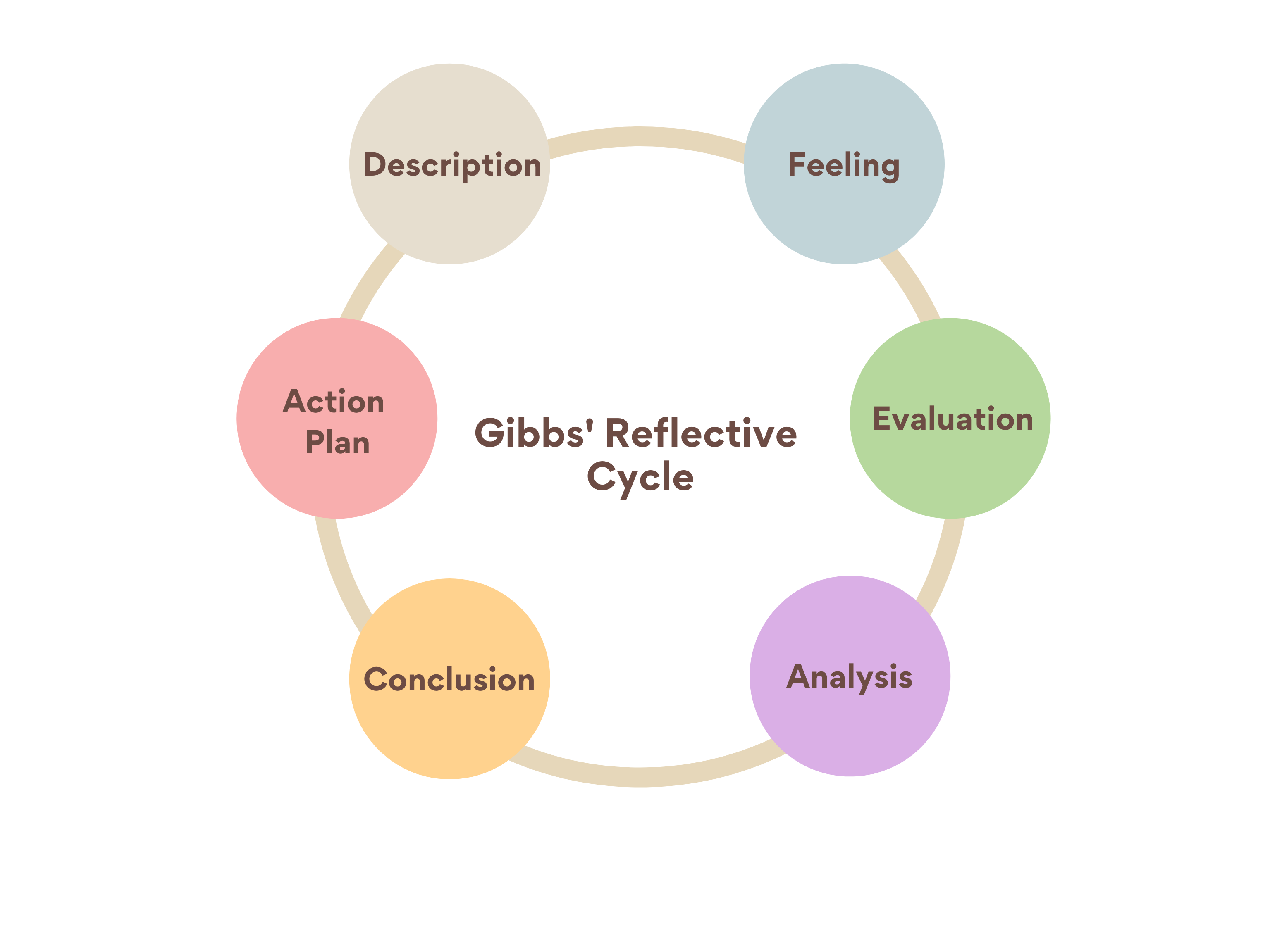At the time of this writing, it’s the end of January 2022. Rainstorms are still pouring every now and then in the Klang Valley and the nights are cold. The first month of a brand new year has passed and for some of us, we are still in the same place as we were some months ago in our job hunt. Some have fortunately found a job. There are some others who have found a better than expected job while others are in a job which they don’t enjoy as much. And still, there are also others who are quite unclear about what they should look for. Hence the journey of job hunting marches on.
We’ve put out many ideas, articles of self-help and how to’s, but this time we just want to talk to you. Not tell you how to do this or that but just talk and make some suggestions along the way. Perhaps it’s time to reflect and measure. Here are some questions to that effect, regardless of whether you are employed or not.
1. Have you done any long or short term goal setting?
2. What are your goals in the coming months?
3. What have you learnt so far?
4. What skills have you acquired in the last year?
5. What new experiences have you acquired?
6. What are your best accomplishments?
Have you reflected back on the year before and seen how you can correct any errors or mistakes which you don’t want to carry over to this year? Obviously, we can only work on ourselves and not others. Think back on your work and other non-work experiences. What are your limits? Can you outline some notable achievements and challenges that you overcame? That’s one way to better gauge, measure and know yourself and the limits of your abilities. This may enable you to choose better opportunities better suited to you and further develop new skills or even go beyond your limits by identifying key areas to overcome.

Self-reflection is intended to correct errors, not dwell on those errors and end up feeling like a failure. Be careful now. We don’t want you going down a rabbit hole of despair. It ends up causing fear and fear can paralyse us, preventing us from progressing or even trying. Self-reflection is to sharpen your focus, learn from the failures and move forward with confidence.
An Action Plan for Achieving Your Goals
So now, what are your goals? Setting realistic goals and obtaining results is what we want. A plan of action is the key needed. No one explains this better than famous speaker and author, Brian Tracy. We quote:
“Everyone has goals, but some seem to accomplish far more than others. That’s because people who accomplish goals at a higher rate than the average person are those who use a systematic proven method of goal setting and goal attainment. The answer is simple. You need an effective action plan. The first step in creating an action plan is deciding exactly what you want. Clarity is the most important single quality of goal setting and perhaps the most important single quality of success.
According to Tracy, Having fuzzy goals like more money, better health and happiness isn’t the way but being specific about exactly how much you want to achieve is the way to go. This will immediately put you in a separate category from others because most people have no idea what they really want. The fear of failure blocks them from setting clear, specific goals.. This is a major reason for failure.
The Gibbs’ Reflective Cycle
In 1988, learning researcher Graham Gibbs created a structured model to help facilitate self-reflection. It’s known today as the Gibbs’ Reflective Cycle and its purpose is to:
- Give structure to learning from experiences, particularly repeated ones.
- Allow for learning and planning from good and bad experiences.
- Give a framework for analysing those experiences.
It Covers 6 stages. Description, Feelings, Evaluation, Analysis, Conclusion, Action Plan.
- Description – Describe your experience/situation in detail.
- Feelings – Feelings that you have about the experience/situation.
- Evaluation – Evaluate the results of what worked and didn’t work in the experience/situation.
- Analysis – Analyse the experience/situation to make sense of it. Thai analysis is meant to give meaning or logic to inform yourself why some things worked and why some things did not.
- Conclusions – This where you underline what you learnt after doing all the steps before. You could see what actions you could have done to have had a better result and changes you need to make for the future.
- Action Plan – This final step is where you bring everything together to create a set of actions and how you will execute them differently to deal with future experiences and situations.

This Lunar New Year, make time to do these small steps and create an action plan of your own. Make your own list and may clarity be your guide. There’s no secret method. If you want to make things happen, reevaluate and reassess your current situation and take the necessary actions today.
Wishing you a Happy and Prosperous Chinese New Year from all of us at Xremo!


